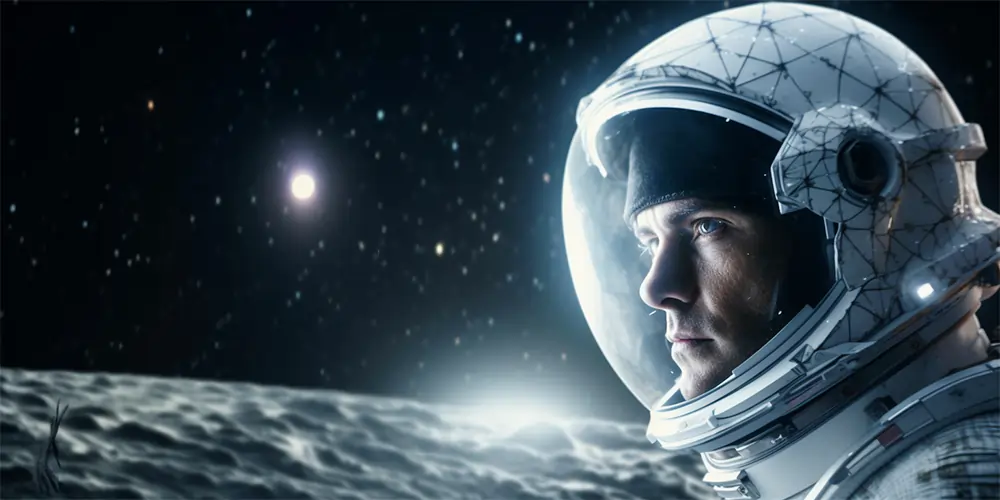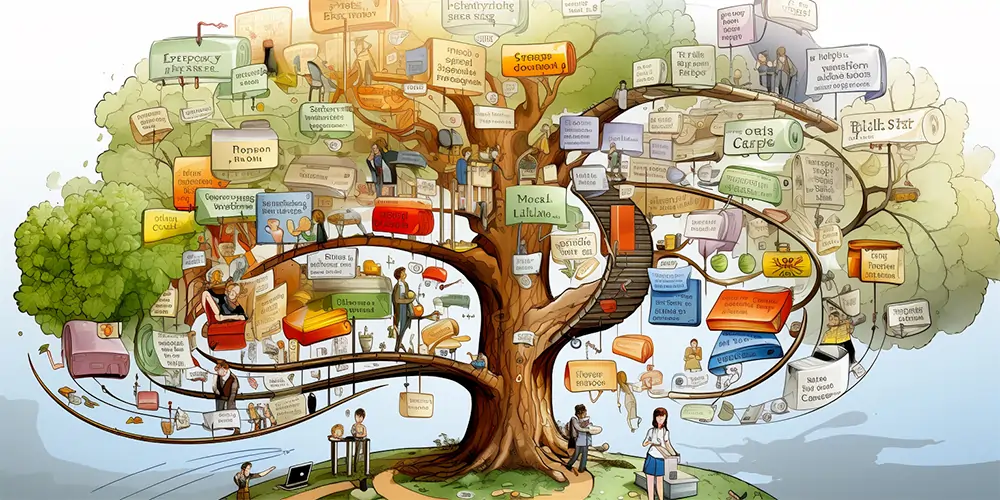The Simulation Hypothesis is a philosophical concept that suggests our reality might be a computer-generated simulation.
This idea can be traced back to ancient times when wise minds such as Plato and Zhuangzi contemplated the true essence of reality and wondered whether our understanding of the world is authentic.
In the modern context, the Simulation Hypothesis has gained traction through advancements in technology and computing.
The central idea is that a highly advanced civilisation, which could be human or extraterrestrial, has created a simulated reality, and we are living within that simulation.
The idea has fascinated not only scientists and philosophers but also everyday people.
Nick Bostrom’s Influential Paper
In 2003, philosopher Nick Bostrom published a groundbreaking paper titled “Are You Living in a Computer Simulation?” which brought the Simulation Hypothesis into the mainstream conversation.
Bostrom’s work profoundly impacted the academic and public discourse surrounding the hypothesis, leading to numerous debates, discussions, and further research.
Bostrom’s Argument
Bostrom’s argument is based on three main premises.
He suggests that at least one of the following propositions must be true:
- Almost all civilisations at our level of technological development go extinct before reaching the capability to create ancestor simulations.
- Advanced civilisations that do survive and reach the capability of creating ancestor simulations have no interest in running them.
- We are almost certainly living in a computer simulation.
Bostrom’s work emphasises that if advanced civilisations manage to avoid self-destruction and develop the technology to create realistic simulations, the probability that we are living in one of these simulations becomes increasingly likely.
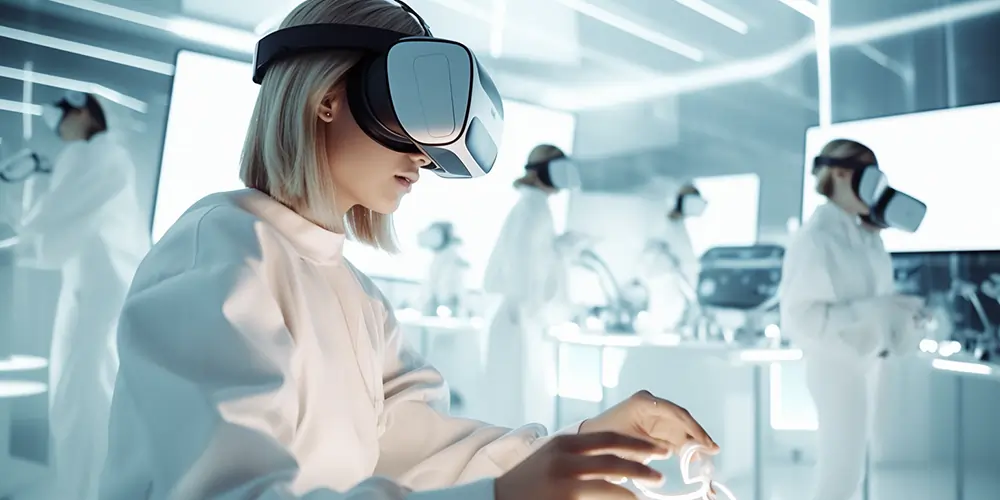
Advancements in AI Technologies
Artificial intelligence has made incredible strides in recent years.
Thanks to groundbreaking developments in areas like deep learning, and natural language processing, AI systems now have exciting new opportunities.
These systems can now perform complex tasks that were once considered impossible, which is truly amazing.
AI technologies have experienced a swift evolution, transitioning from the initial rule-based systems to the current emphasis on machine learning and neural networks.
The impressive pace at which AI technology has evolved can be credited to several factors. This encompasses expanding computing power, availability of vast amounts of data, and continuous enhancements to algorithms and models.
These advancements have allowed AI systems to continually learn from data and enhance their performance over time.
AI and the Renewed Interest in the Simulation Hypothesis
As AI technologies advance, the plausibility of the Simulation Hypothesis has become a renewed interest.
The increasing capabilities of AI systems, particularly in generating realistic simulations, have led many to consider the possibility that our own reality might be a product of advanced AI technology.
If we can create realistic simulations, it becomes more likely that a highly advanced civilisation has also done so. We may be living in one of those simulations.
The swift progress of AI has played a significant part in elevating the Simulation Hypothesis to a prominent position in both scientific and philosophical circles.
As AI systems keep expanding the boundaries of what we can achieve, they present fresh perspectives on the true nature of reality and the possibility of living in a simulation.
As a result, AI has sparked ongoing discussions and provided valuable insights into the plausibility of the Simulation Hypothesis.

The Simulation Hypothesis Debate
Key Points Made by Proponents
Those who support the Simulation Hypothesis have presented various arguments favouring that our existence may occur within a simulated reality.
Among these arguments are:
- The rapid advancement of technology, especially in virtual reality and artificial intelligence, makes it increasingly likely that future civilisations could create highly realistic simulations.
- The idea that we are more likely to be part of a simulated reality than a “base reality” due to the vast number of possible simulations that could be created by advanced civilisations.
- The anthropic principle suggests that our universe is precisely calibrated to facilitate the existence of intelligent life. One possible explanation for this is that we might live in a simulation created to nurture conscious beings.
- Certain unexplained phenomena and features in our universe, such as the quantisation of space-time or the existence of the “Mandela Effect,” could be indicative of a simulated reality.
- The potential for simulated realities to help explain the Fermi Paradox, as advanced civilisations might be more inclined to create simulations rather than explore the physical universe.
Reasoning Behind the Arguments
According to proponents of the Simulation Hypothesis, the swift progress of technology in fields like artificial intelligence and virtual reality indicates that future civilisations may possess the means to create highly realistic simulations, thereby lending further support to the idea.
The notion that we are more likely to be part of a simulated reality is based on the idea that advanced civilisations could create numerous simulations, making the probability of being in a simulated universe higher than being in a “base reality.”
The anthropic principle, which observes that our universe appears to be fine-tuned to support intelligent life, can also be seen as evidence favouring the Simulation Hypothesis. This principle could be explained by the idea that we are living in a simulation designed to host conscious beings.
Some proponents also point to certain unexplained phenomena and features in our universe, such as the quantisation of space-time or the existence of the “Mandela Effect,” as potential indicators of a simulated reality.
Lastly, the Simulation Hypothesis could explain the Fermi Paradox, which questions why we have yet to encounter extraterrestrial civilisations despite our galaxy’s vast number of stars.
Advanced civilisations might be more interested in creating simulations to explore various aspects of reality rather than venturing into the physical universe.
Key Points Made by Sceptics
Sceptics of the Simulation Hypothesis raise several counterarguments, which include:
- The lack of direct evidence supporting the existence of a simulated reality.
- The immense computational power required to simulate a universe might be infeasible even for highly advanced civilisations.
- The possibility that our understanding of the universe and technology is fundamentally limited making it impossible to create or recognise a simulated reality.
Reasoning Behind the Counterarguments
The counterarguments presented by sceptics emphasise the absence of direct evidence supporting the Simulation Hypothesis and the significant challenges associated with creating a realistic simulation of an entire universe.
Sceptics also argue that fundamental limitations in our understanding of the universe and technology may make it impossible to create or recognise a simulated reality.
Comparing and Contrasting Viewpoints
Those who support the Simulation Hypothesis claim that the swift advancements in technology and the mathematical foundations of our universe indicate that it could be conceivable for us to exist in a simulated reality.
However, those who remain sceptical of the idea highlight the absence of concrete evidence and the tremendous difficulties in constructing such a simulation.
A Balanced View of the Ongoing Debate
The debate surrounding the Simulation Hypothesis remains ongoing and unsettled. Both proponents and sceptics raise valid points that merit consideration.
The Simulation Hypothesis poses significant inquiries concerning the true essence of reality and how we perceive the universe around us.
Encouraging critical thinking and informed discussions, the Simulation Hypothesis debate continues to stimulate intellectual curiosity and challenge our perceptions of reality.
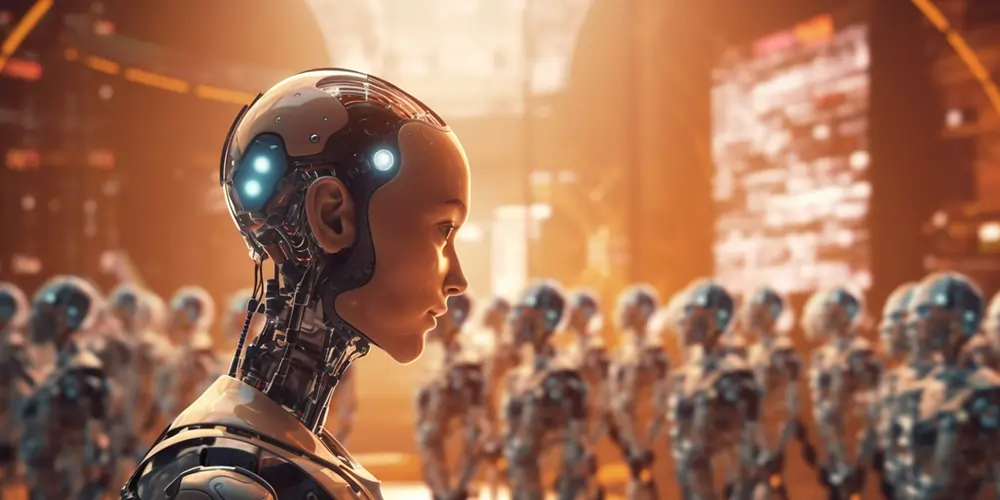
Ethical Questions Surrounding Simulated Beings
Suppose we accept the possibility of simulated realities. In that case, a range of ethical questions will arise regarding the treatment of simulated beings.
For instance, should simulated beings be granted moral and legal rights if they possess consciousness? How should we treat simulated beings if we discover our reality is simulated?
Different ethical frameworks can lead to varying conclusions about the moral value of simulated beings.
Utilitarianism, for example, might focus on maximising the overall happiness of both real and simulated beings. At the same time, deontological ethics would emphasise our duties and obligations towards all conscious beings, regardless of their origin.
By raising awareness of these ethical dilemmas, the Simulation Hypothesis encourages us to consider our actions’ implications and simulated beings’ moral values.
Interacting with or Interfering in Other Simulations
Suppose we were to create or discover other simulations. In that case, we must carefully consider our responsibilities towards the beings within those simulations.
Interacting with or interfering in other simulations could have profound consequences for the simulated beings, raising questions about our moral obligations and the potential harms or benefits of our actions.
Moral Obligations Towards Other Simulations
Various perspectives on our moral obligations towards other simulations can be drawn from different ethical theories.
Some may argue that we have a duty to protect and respect the autonomy of simulated beings. In contrast, others might contend that our primary responsibility is to ensure the well-being of beings in our own reality.
By presenting these perspectives, we encourage readers to think critically about our actions and responsibilities concerning the Simulation Hypothesis.
Ethics of Creating Simulations Ourselves
If we were to create our own simulations, we would need to confront the ethical implications of simulating conscious beings.
Creating simulations could lead to the suffering or flourishing of countless simulated beings, making it crucial to weigh the potential consequences of our actions.
Ethical Concerns and Considerations
Simulating conscious beings raises many ethical concerns, such as the potential for suffering within simulations, the moral value of simulated beings, and our responsibilities as creators.
The Simulation Hypothesis highlights the importance of ethical considerations in the development of advanced technology. It encourages us to reflect on the potential consequences of our actions and innovations.
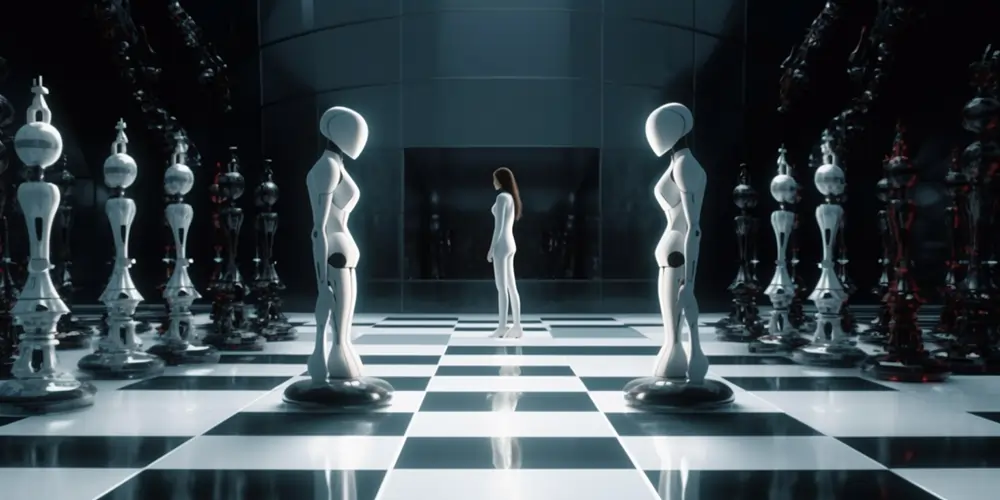
The Role of AI in the Discussion
Artificial intelligence has played a significant role in shaping the conversation around the Simulation Hypothesis.
As AI technologies continue to advance and demonstrate the ability to generate increasingly realistic simulations, they have fueled discussions and debates about the plausibility of the hypothesis and the potential existence of simulated realities.
AI’s potential to explore the Simulation Hypothesis cannot be understated.
As AI systems become more capable, they can help researchers simulate various aspects of reality and investigate the hypothesis more thoroughly.
Additionally, AI’s immense data processing capabilities and proficiency in pattern recognition can be immensely helpful in locating evidence that may either support or contradict the Simulation Hypothesis.
As a result, AI is an invaluable resource in the ongoing discourse surrounding the topic.
AI’s Potential Role in Creating Realistic Simulations
AI has the potential to play a crucial role in creating realistic simulations.
Through methods such as deep learning and generative models, AI systems have demonstrated the remarkable capability to create highly precise and intricate simulations of a diverse range of reality’s facets, from visual environments to complicated social interactions.
As AI technology advances, it is becoming more feasible to envision AI-driven simulations that closely resemble our own reality.
Current Capabilities and Limitations of AI
While AI has made remarkable progress in generating realistic simulations, there are still limitations to its current capabilities.
Even with the remarkable capabilities of today’s advanced AI systems in generating realistic simulations of different aspects of reality, accurately simulating an entire universe, with all its intricate details and complexities, remains a formidable challenge.
Additionally, questions about the nature of consciousness and the possibility of simulating conscious beings remain unresolved.
As AI technology advances, addressing these limitations and delving into AI’s potential to enhance our comprehension of the Simulation Hypothesis will be of utmost importance.


